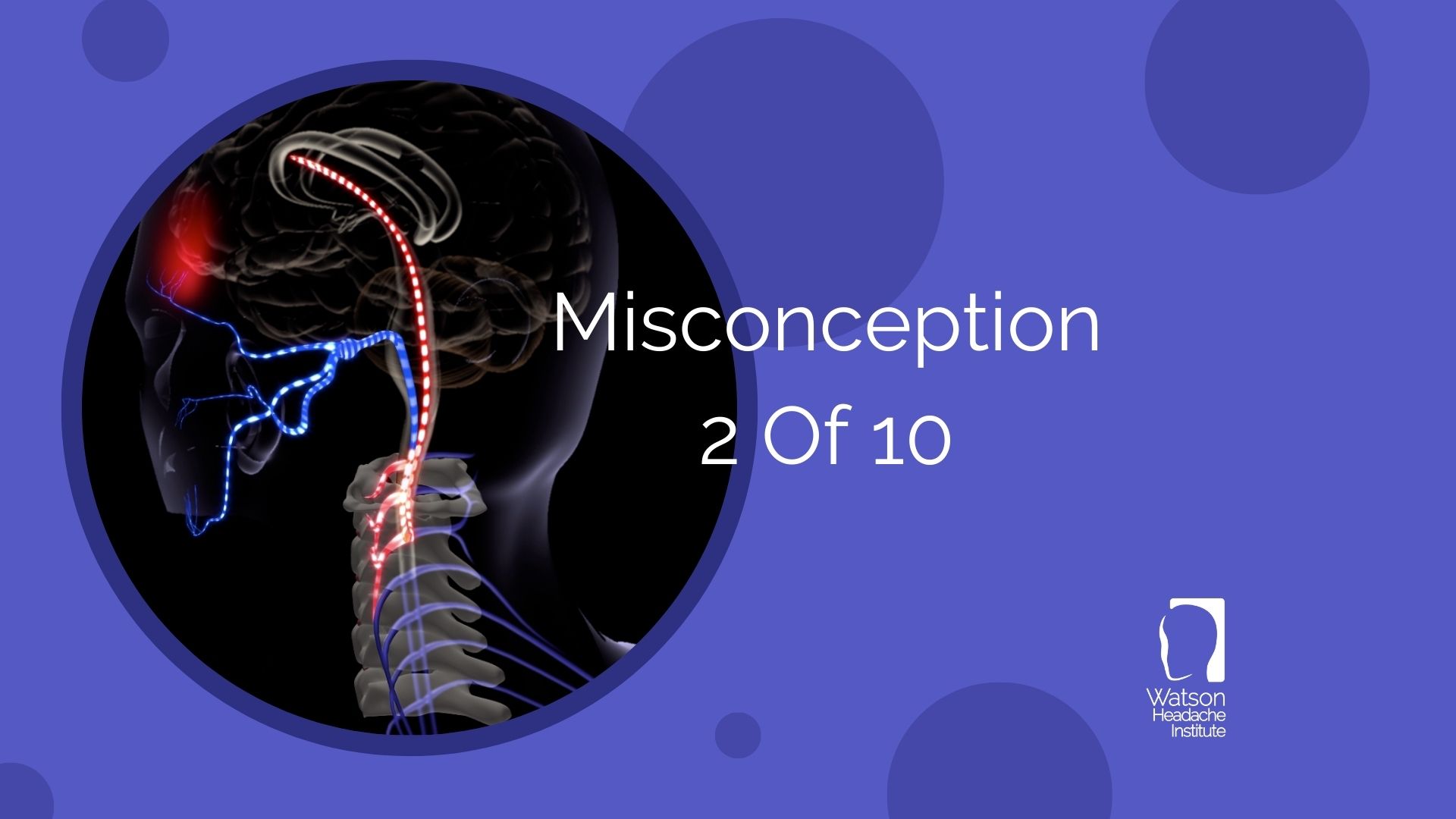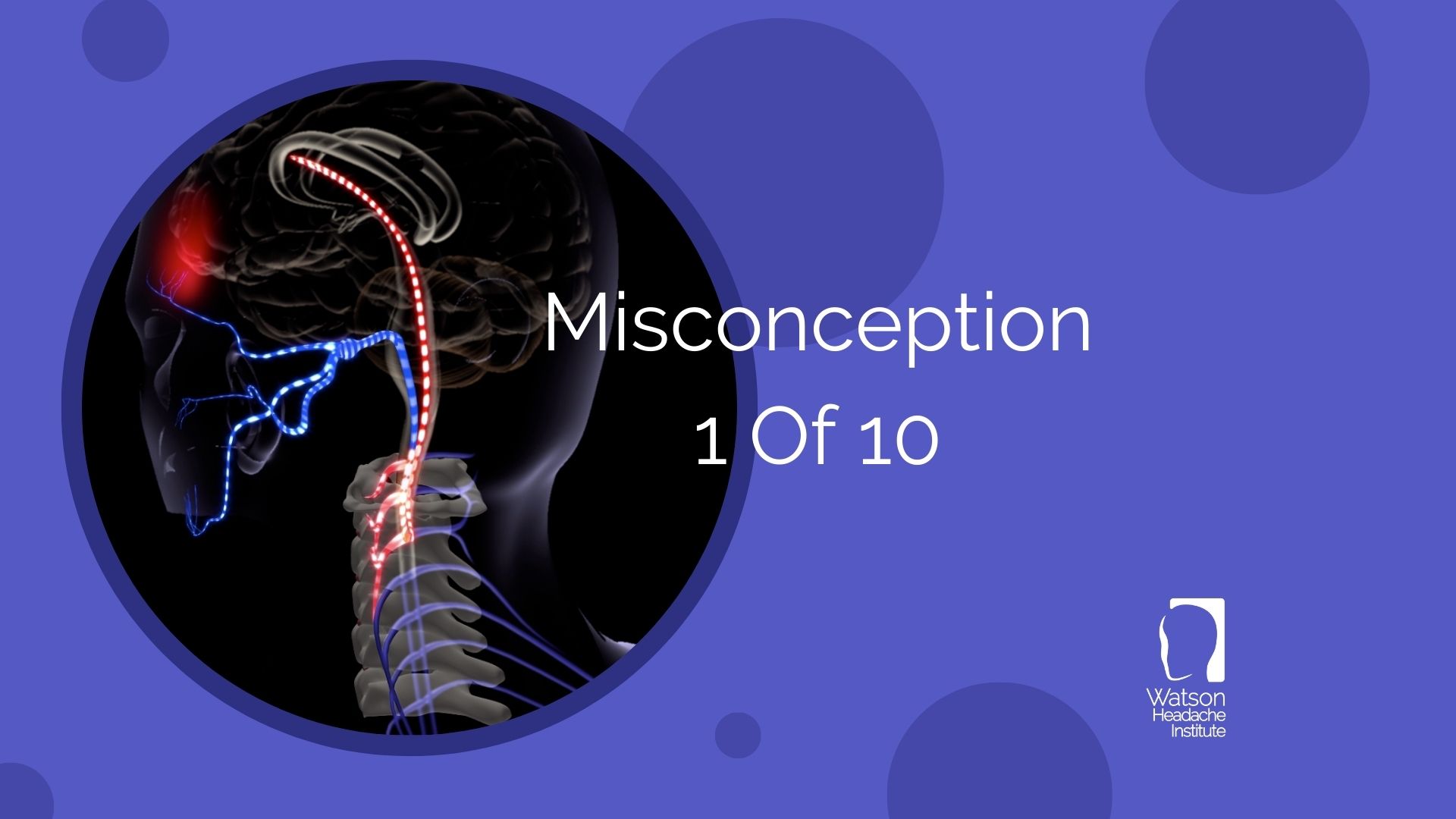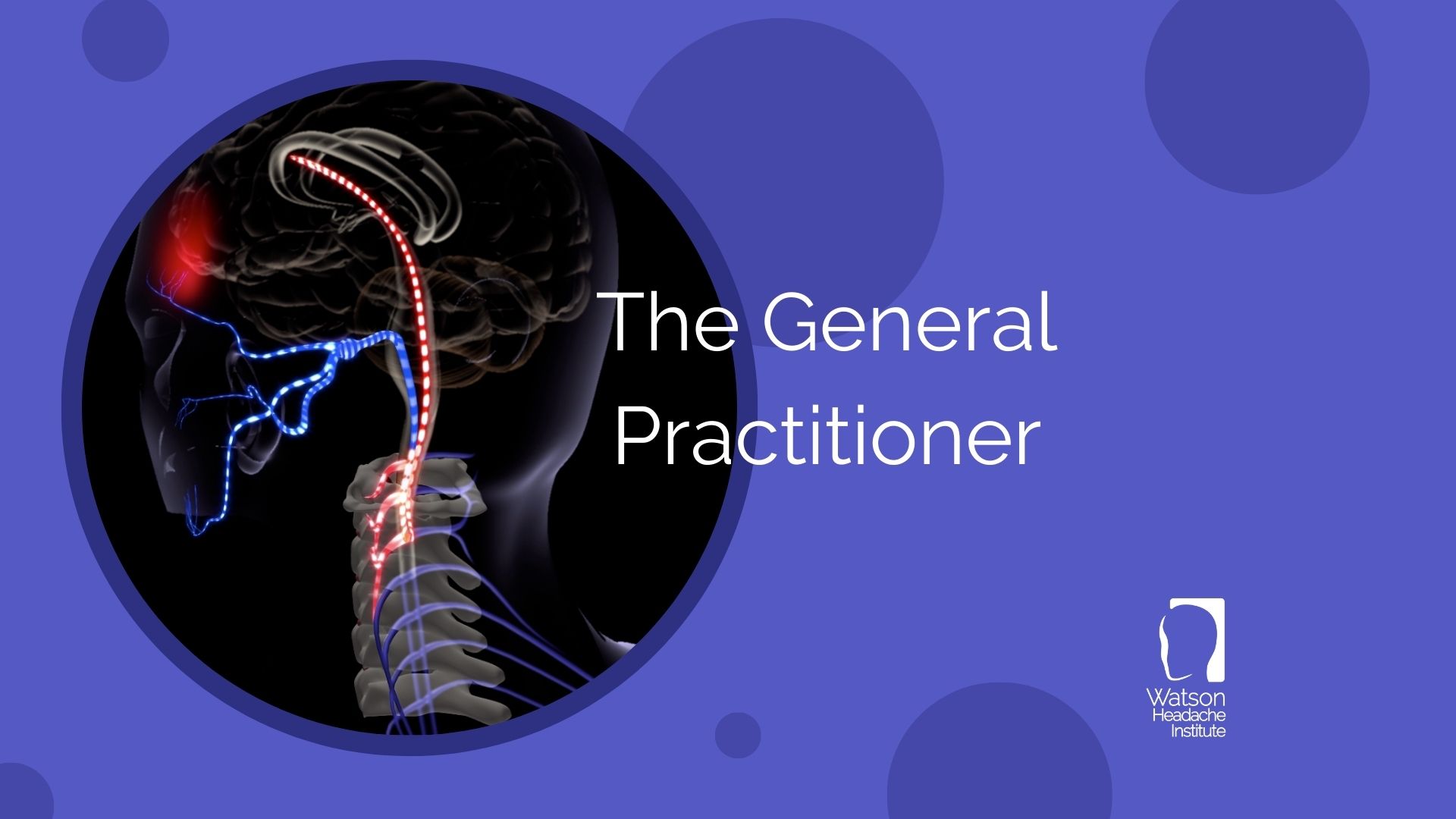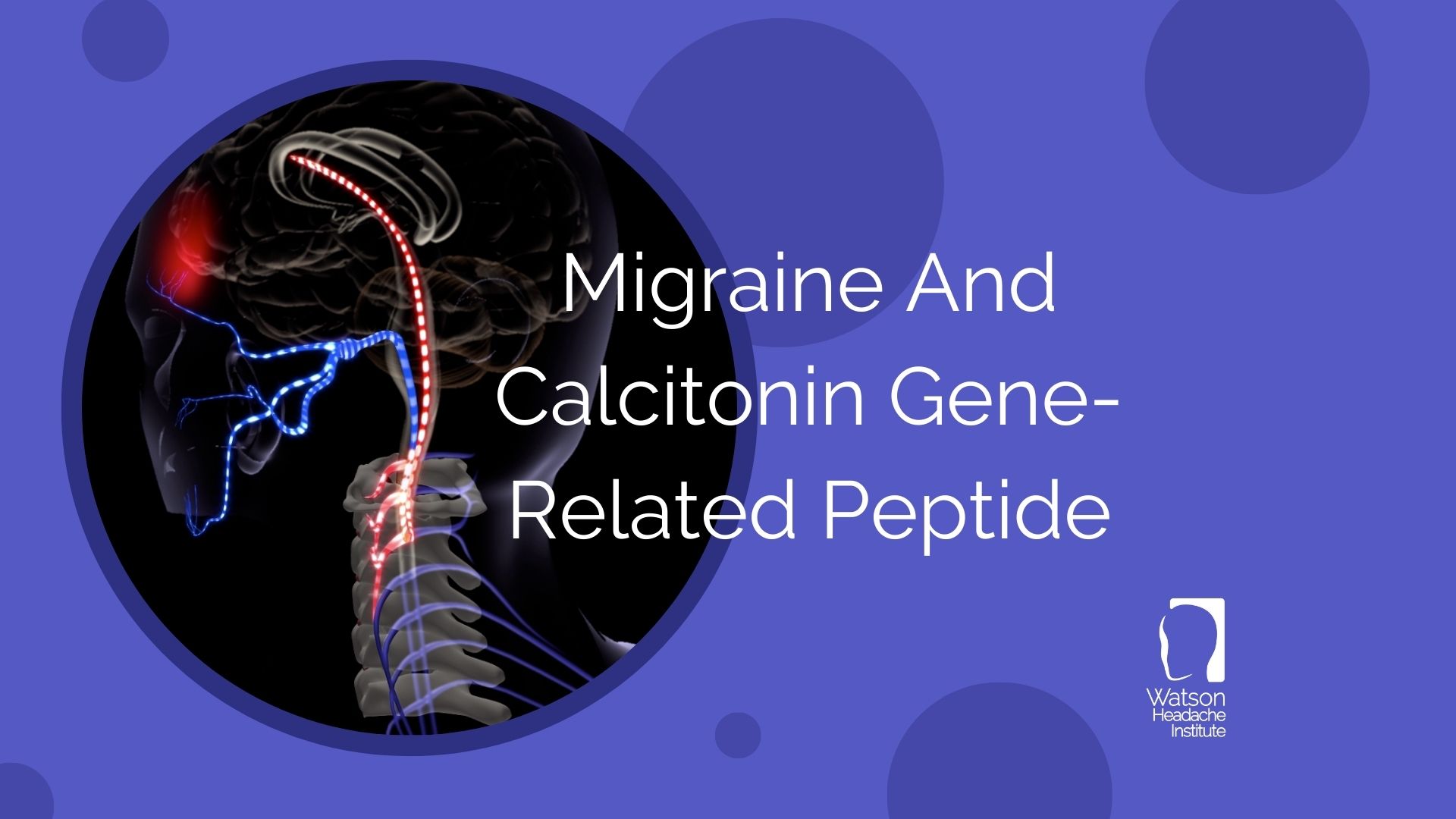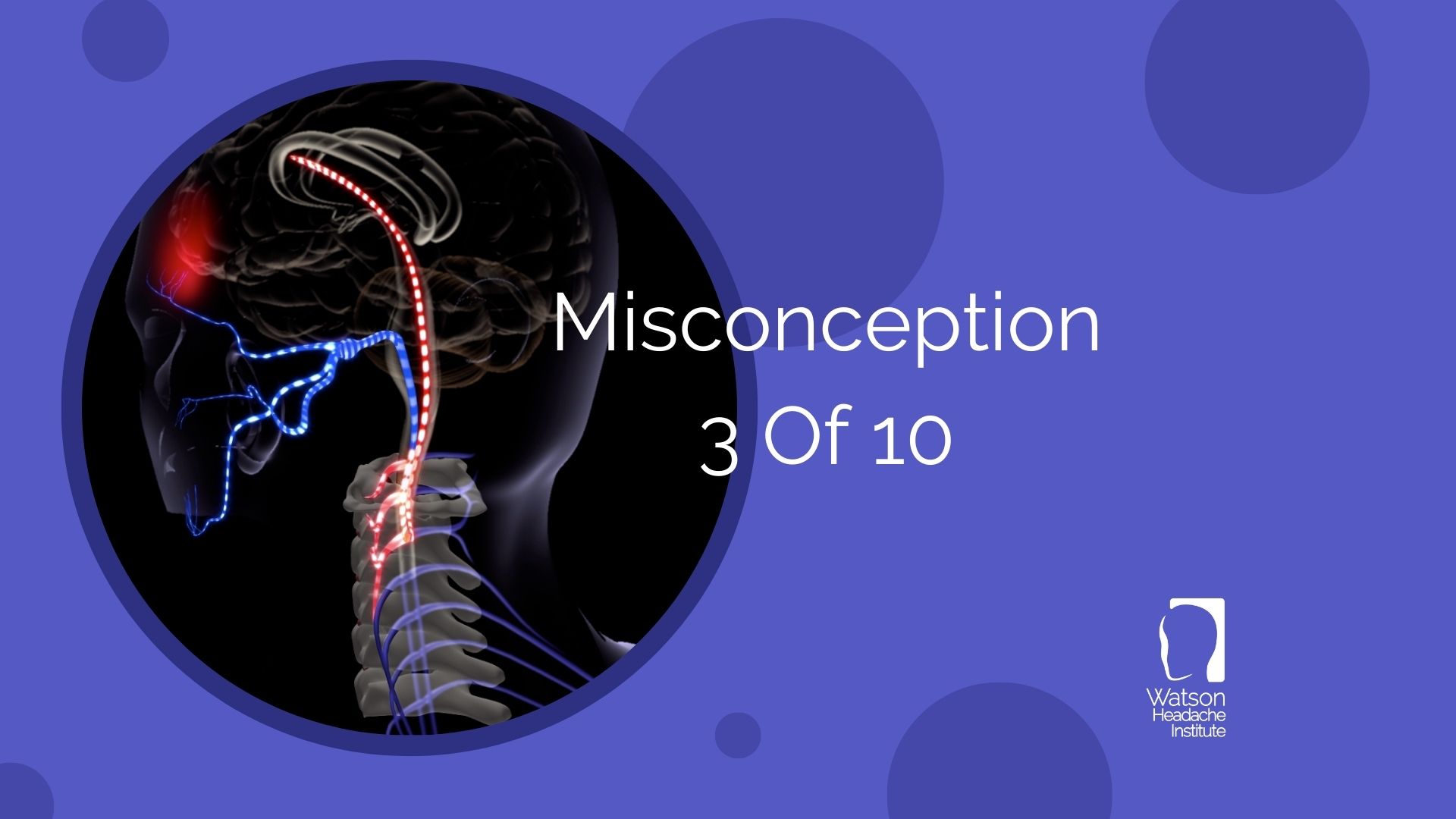
Misconception 3 of 10
Complex Presentations That seemingly complex presentations with a multitude of (often unusual) symptoms means multiple causes requiring multidisciplinary approach – wrong! Complex presentations are often chronic and the original disorder has now been swamped by a myriad of symptoms (also known as a school of ‘red herrings’!). For example a ‘splinter’ that hasn’t been located


